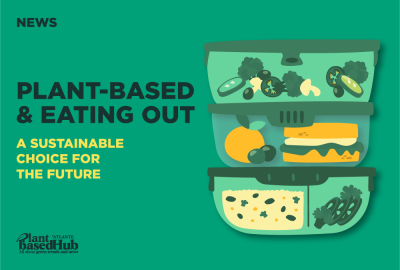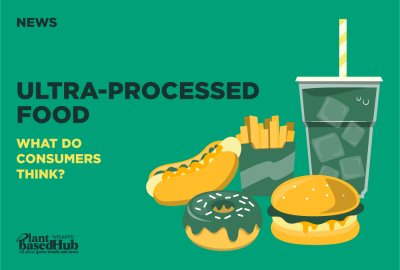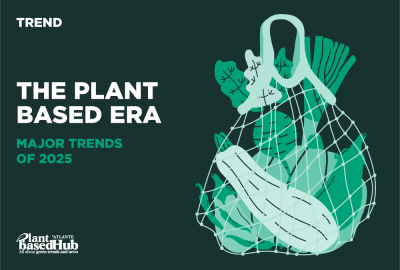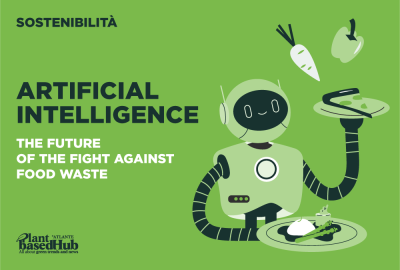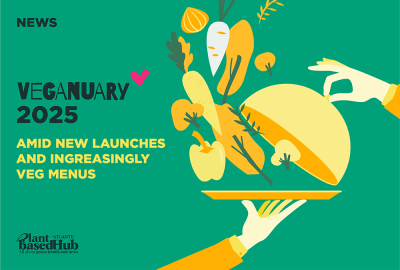Atlante
News
Veganism vs. plant-based nutrition: what is the difference?
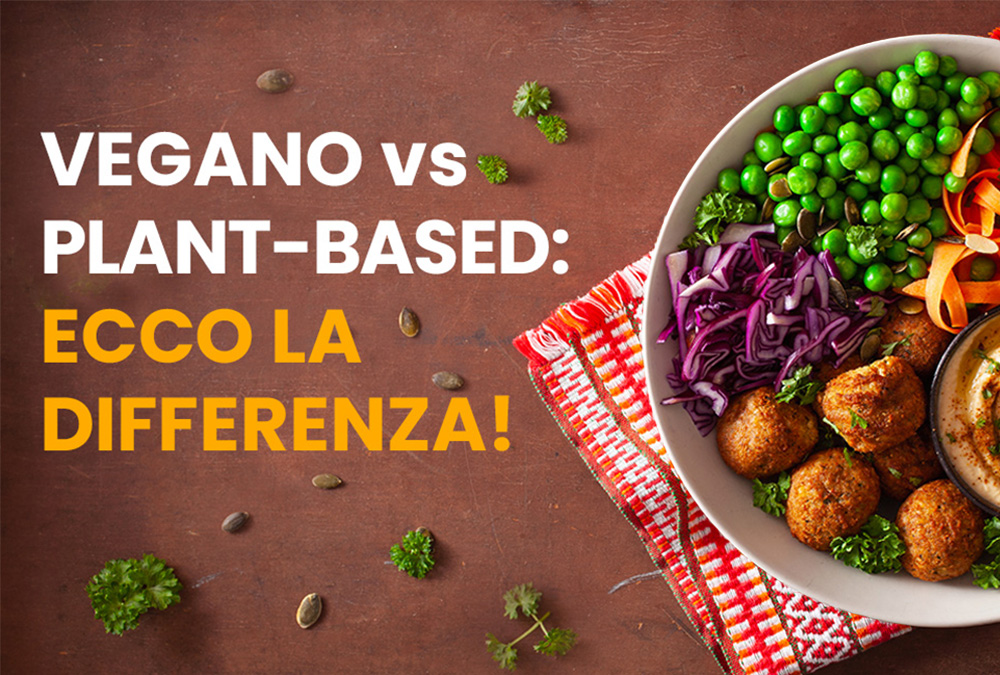
17 April 2024
The debate between veganism and plant-based nutrition extends far beyond dietary choices – it involves complex ethical values and nutritional principles. For those approaching these concepts for the first time, it may be helpful to fully understand the differences between these two food philosophies. In this article, we will take a close look at the similarities and differences between veganism and plant-based nutrition, analysing their implications for individual health, animal welfare and environmental sustainability, with the aim of providing a comprehensive overview for those wishing to explore these two approaches.
What is veganism?
Veganism is a true lifestyle philosophy that translates to an ethical commitment and a lifestyle free of animal products. This idea is not limited to food, but extends to other areas such as clothing. This choice is driven by a profound rejection of animal exploitation: vegan people adopt this approach in their daily consumer choices, avoiding products that cause animal suffering, such as fur, leather or products tested on animals.
Veganism therefore represents a form of everyday activism through which individuals seek to reduce their impact on the environment and promote respect for all forms of life while minimising harm to animals and the ecosystem.
What about plant-based nutrition? How is it different from veganism?
Although it shares some similarities with veganism, such as reducing the consumption of animal products, plant-based eating is not always based on ethical considerations. While vegans avoid animal products for moral reasons, those who follow a plant-based diet do so primarily for health or environmental reasons, without necessarily adopting a specific ethical conviction involving multiple aspects of life.
It follows that a plant-based diet focuses primarily on the intake of plant-based foods, but does not completely exclude animal products from the diet. People who follow a plant-based diet may choose to include small amounts of meat, fish, dairy products, or eggs in their diet, though most of their meals consist of plant-based foods such as fruit, vegetables, whole grains, legumes, nuts, and seeds, as well as soy products like tofu or tempeh.
Exploring the subtle nuances that exist between veganism and plant-based eating has allowed us to take a deeper look at the complexity of these two food philosophies. While both emphasise the importance of a plant-based diet for individual health and environmental sustainability, it is clear that there are significant differences in the motivations and approaches adopted by those who embrace them.
Regardless of the approach chosen, however, both veganism and plant-based eating offer the opportunity to explore a wide range of delicious and nutritious plant foods, helping to promote healthy and sustainable living for both ourselves and the planet we call home.

